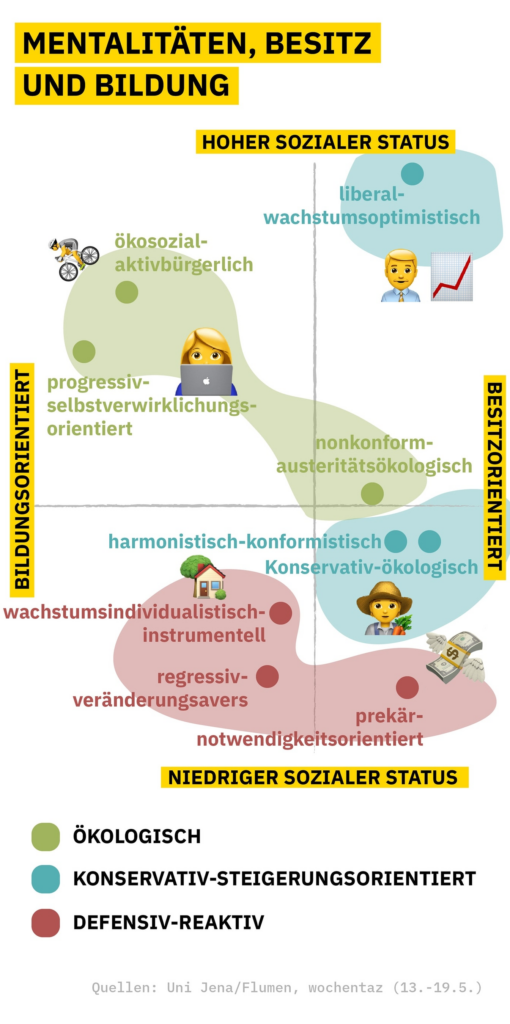Der Artikel „Rural bioeconomies in Europe: Socio-ecological conflicts, marginalized people and practices“ wurde von den Flumen-Forscher*innen Jana Holz, Philip Koch, Lilian Pungas und Dennis Eversberg gemeinsam mit den Wissenschaftler*innen Jonathan Friedrich und Jana Zscheischler und im GAIA veröffentlicht. Als transdisziplinäres Journal publiziert GAIA zu ökologischen Perspektiven für Wissenschaft und Gesellschaft.
Abstract:
Bioökonomie-Politiken behaupten, zu sozial-ökologischen Transformationen beizutragen und Ungleichheiten zwischen Stadt und Land zu verringern. Anhand von Beispielen aus vier Bioökonomien in ländlichen Gebieten Europas argumentiert der Artikel, dass entgegen dieser Behauptungen solche Politiken bisher bestehende soziale Konflikte nicht entschärft, sondern oft zu Polarisierungstendenzen beigetragen haben. Um diesen proklamierten Zielen gerecht zu werden, müssen Bioökonomie-Forschung und -Politik das Ziel des Wirtschaftswachstums zurückstellen und sich stärker mit umfassenden Betrachtungen sozial-ökologischer Kontexte sowie der Integration der lokalen Bevölkerung und alternativer Praktiken auseinandersetzen.






